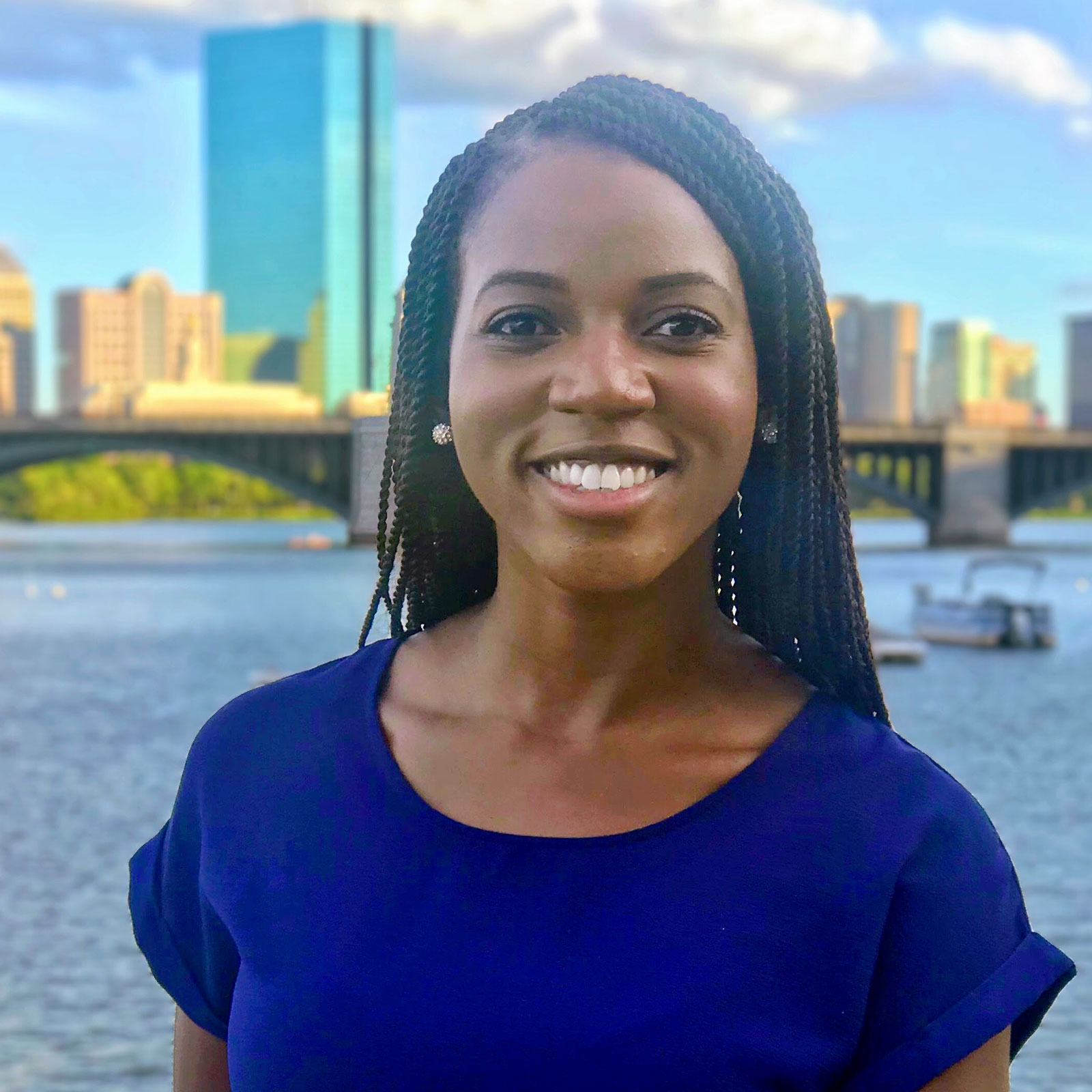
Speech-Language Pathologist and Coordinator of the Aphasia Center at MGH Institute of Health Professions
What advice would you give to a girl graduating from Williston today?
Three pieces of advice for a girl graduating from Williston today: 1) Your voice is powerful. Use it to uplift others and remind yourself of your purpose. 2) When in doubt, ask questions, and a few follow-up questions too. You deserve the time and space to do so. 3) Lean into the hard, messy process of learning. You’ll come to appreciate the lessons learned along the way.
What do you think is next for women in your professional field?
As a Speech-Language Pathologist (SLP), I work in a field that is composed of majority White women (>90% SLPs identify as such). The lack of cultural and linguistic diversity in the field stands in stark contrast to the increasingly multifaceted community that we are tasked to serve, which can lead to reduced engagement in and reduced satisfaction with healthcare interactions. This a topic that has gained a lot more traction in the recent years and I’m hoping it remains active in the minds of educators and clinicians to enhance recruitment and enrollment into the field. I hope to see an increase in SLPs from historically underrepresented backgrounds, including women of color, so that our patients can be provided opportunities to see themselves represented in the environments in which they receive care.
What’s the best advice you’ve ever received?
Anyone who knows me, knows that I love a good book. I aspire to remain a lifelong learner, and feel I’m able to fulfill that commitment through my love for reading. Much of the great advice I’ve received has come from the pages of books loaned or gifted to me. A recent favorite of mine is Elaine Welteroth’s memoir “More Than Enough.” Her shared experiences and reflections continue to help me navigate the privileges and power that come with advancements in my professional career: “Shonda Rimes coined the term: ‘First. Only. Different.’ Being an ‘FOD’ in your field comes with a unique responsibility and a powerful opportunity: to rewrite rules, to redefine norms, to represent for the communities that haven’t had a seat at the table before. But what good is a trailblazer who isn’t willing to leave signposts along the way that make it a little less confusing, less lonely, less disorienting for the next woman or person of color to follow?”
